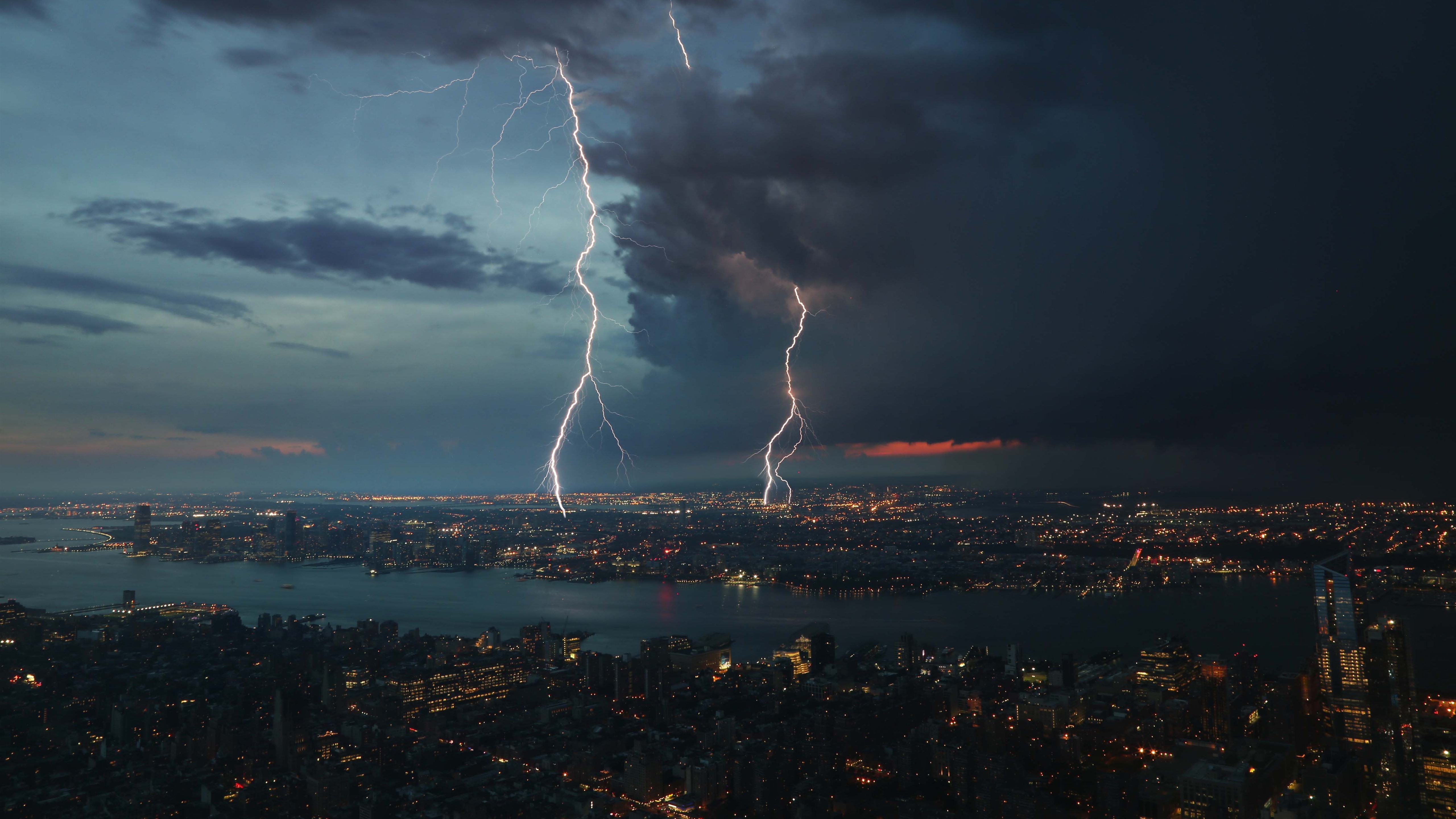Crackers è una serie antologica, composta da episodi autoconclusivi ambientati in futuri prossimi e presenti alternativi. Indagini surreali, fra lo strambo, l’amaro e il graffiante, sulle contraddizioni e le assurdità quotidiane della società in cui viviamo.
Le storie di Crackers prendono vita dai temi più importanti che animano la nostra quotidianità.
Negli episodi, le criticità insite in questi argomenti, vengono esasperate rispetto al presente, ma sono accettate come normali dalla maggior parte dei protagonisti. Ne nascono di conseguenza situazioni assurde o paradossali, lontane quanto basta perché vi sia un distacco critico, ma tanto riconoscibili da permettere l’empatia del pubblico. In questo modo, lo spettatore compie il suo inaspettato e avvincente viaggio in questi mondi e, quando torna nel proprio, è spinto a guardarlo con occhi differenti, stimolato ad una maggiore riflessione e consapevolezza.
Le 8 storie della prima stagione di Crackers, dirette da 4 registi o coppie di registi, coniugano una gran varietà di temi e forme, toccando gli argomenti cardine dell’intero progetto.
L'attitudine delle storie ad essere ambientate in limitate e circoscritte location coglie l’insegnamento della tradizione teatrale senza però farne un limite. Attraverso trucchi di montaggio, effetti speciali, voci fuori campo e altri strumenti peculiari dell’audiovisivo, gli episodi di Crackers rimangono fortemente caratterizzati dalla vocazione cinematografica.
Lo sguardo surreale e grottesco sul mondo è la costante della serie, ed ha come punto di riferimento la commedia all’italiana di maestri come Risi, Monicelli e Comencini. Proprio il formato antologico de “I mostri” è stato principale fonte d’ispirazione, insieme ad altre reference come “Black Mirror” (per una certa idea di Sci-fi) e “The Twilight Zone - Ai confini della realtà” (per la varietà di temi sociali). Stilisticamente, alcuni episodi guardano ai migliori esempi della serialità americana moderna, come “Mindhunter”, “Modern Family”, “Tales From the Loop”, mentre altri propongono un immaginario più particolare, sull’onda di autori europei come Jean-Pierre Jeunet o Roy Andersson.
